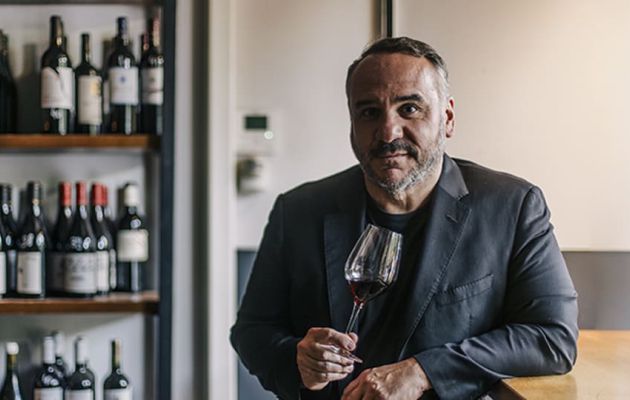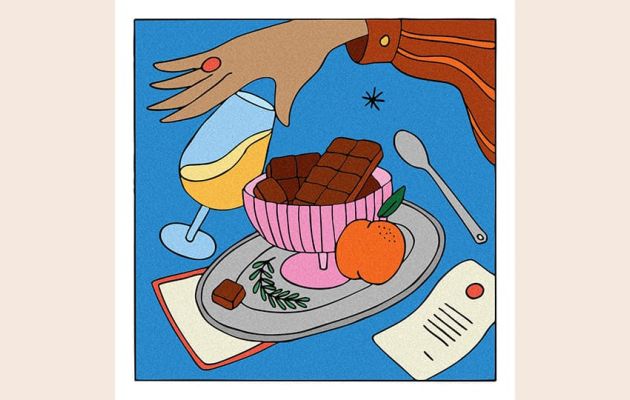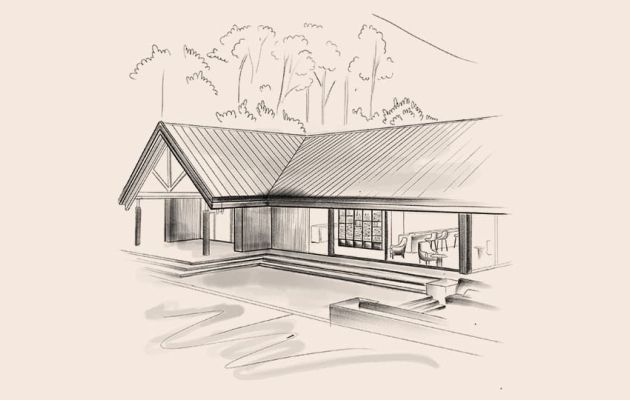[ PORTRAIT ]
Chef Sommelier // Argentina
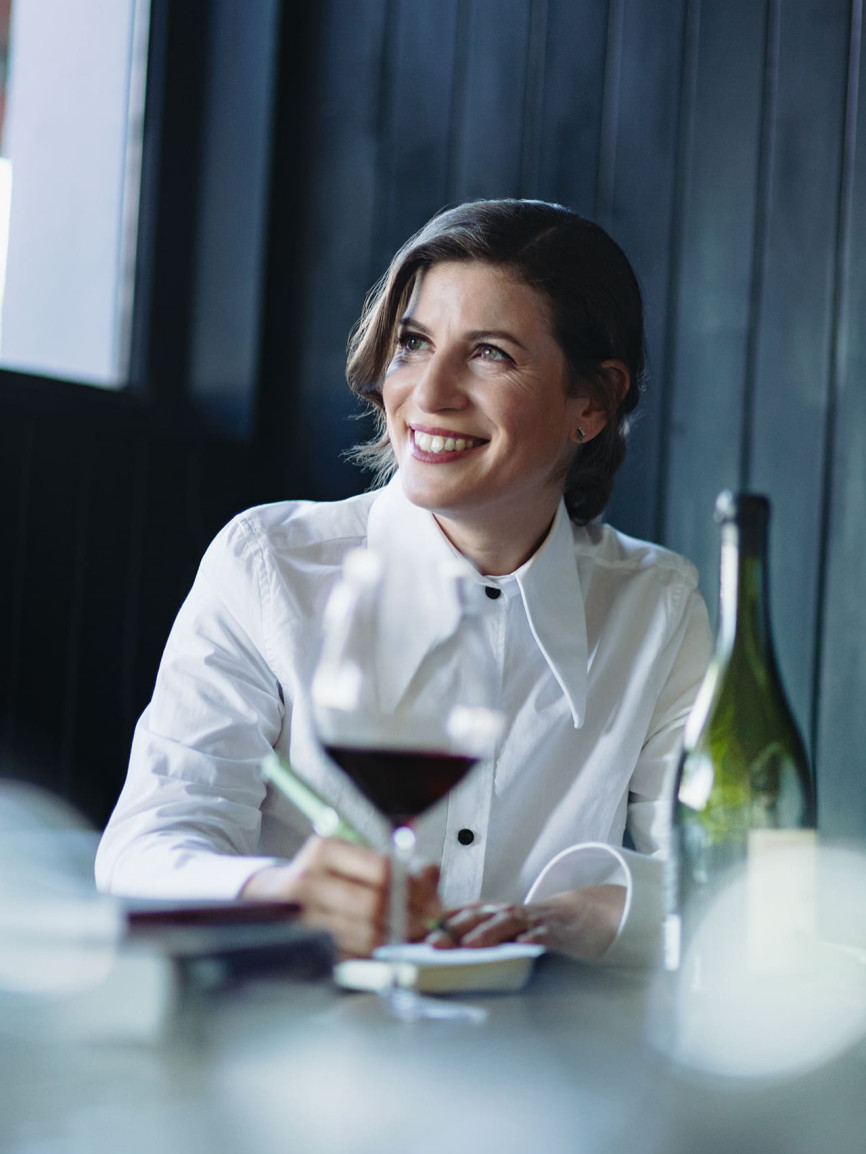
_
Talk with Paz Levinson
"The cellar is the place where the liquid memory of a place is kept."
Paz Levinson's story isn’t one of inherited vineyards or family cellars. It’s a journey rooted in curiosity, shaped in the vibrant heart of Buenos Aires, and refined through years of global exploration. Today, she is one of the most celebrated sommeliers in the world—an advocate for diversity in wine, a mentor, and a storyteller of terroirs.
She has earned numerous international accolades throughout her career, culminating in a historic milestone: becoming the first woman appointed as Executive Chef Sommelier at Groupe Pic. In this role, she curates and manages the wine programs across a global portfolio of Anne-Sophie Pic’s restaurants, including prestigious Michelin-starred locations in France, the UK, Switzerland, and Singapore. But behind the titles and recognition lies a richer story—one shaped by transformation, deep listening, and a profound respect for the people and places behind every wine.


How did your passion for wine first begin, and what sparked your desire to explore it more deeply?
PAZ LEVINSON
My interest in wine wasn’t inherited from a family lineage or born in a childhood vineyard. It began in the city, while I was studying Literature in Buenos Aires. To support myself, I worked as a waitress, and it was there—at a small restaurant—that I discovered wine could be so much more than a beverage. It could be a language, a map, a story unfolding in layers. One day, a colleague and mentor noticed my curiosity and suggested I study wine. That was the beginning. I realized that wine had the same complexity and depth I was seeking in literature. And more than that—it could be shared.

What did stepping into a history-making role at Groupe Pic teach you—both professionally and personally?
PAZ LEVINSON
When I stepped into the role of Executive Chef Sommelier at Groupe Pic, what shaped me the most was understanding that leadership isn’t about raising your voice—it’s about refining your ability to listen. I learned how to be flexible without losing precision, how to honor the identity of each restaurant—because each one has its own soul—and how to build multicultural teams where every sommelier brings their own style, their own sensibility. Anne-Sophie Pic and I share the belief that the palate can be poetic too. A wine list isn’t just technical—it’s a way of telling stories about the world. Yes, I was the first woman in that role, but what I’m most proud of is having opened doors for others—and continuing to learn every single day.

What I’m most proud of is having opened doors for others.
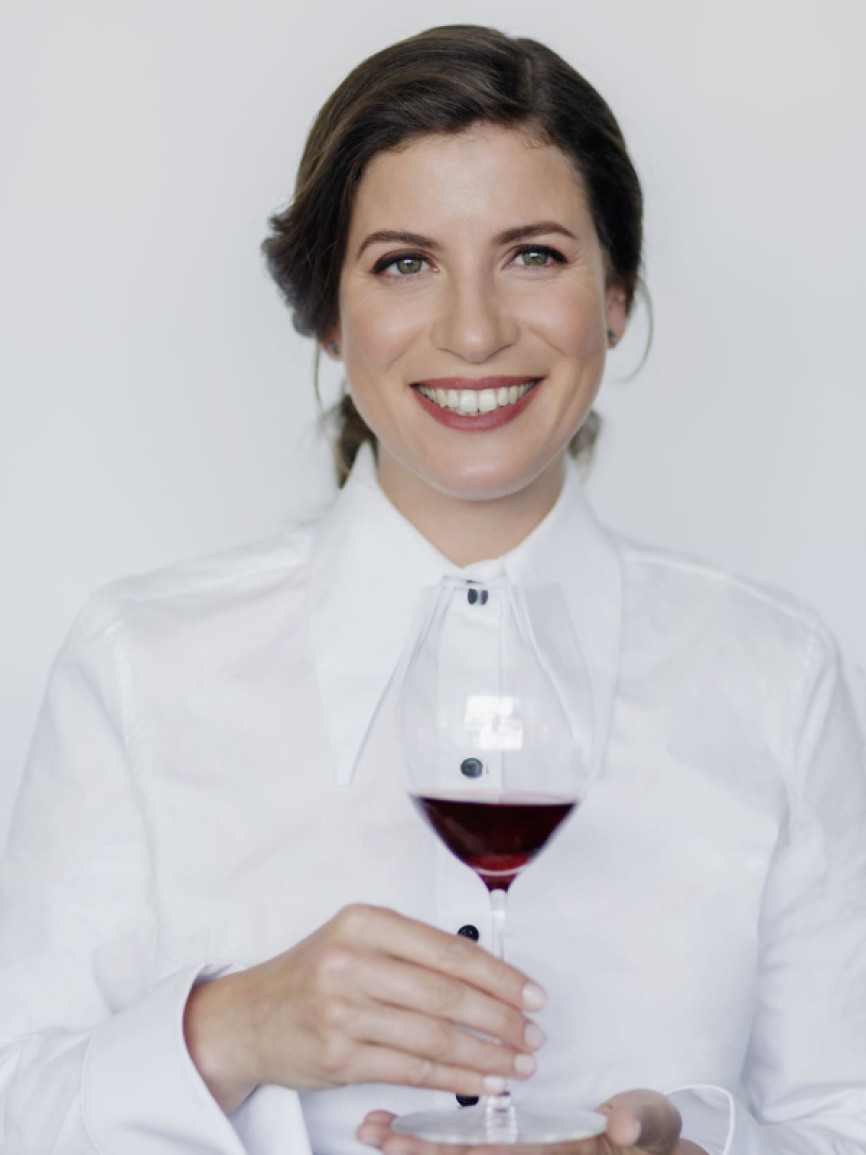

What does wine mean to you personally—and is there a bottle that holds special meaning?
PAZ LEVINSON
My relationship with wine outside of work is one of gratitude and constant discovery. I love trying new things, but also returning to wines that once moved me. I have a bottle of Dom Pérignon 1998 in my cellar that marks an important moment for me: it was the first “great” wine I ever tasted, back when I was studying at CAVE (Centre d’Apprentissage et de Validation des Expériences), and it made me realize that a glass of wine could also be an emotional journey. I also treasure bottles given to me by winemakers after sharing a meal, a conversation, a walk through the vines. Those wines are valuable not because of scores, but because of the humanity they carry.
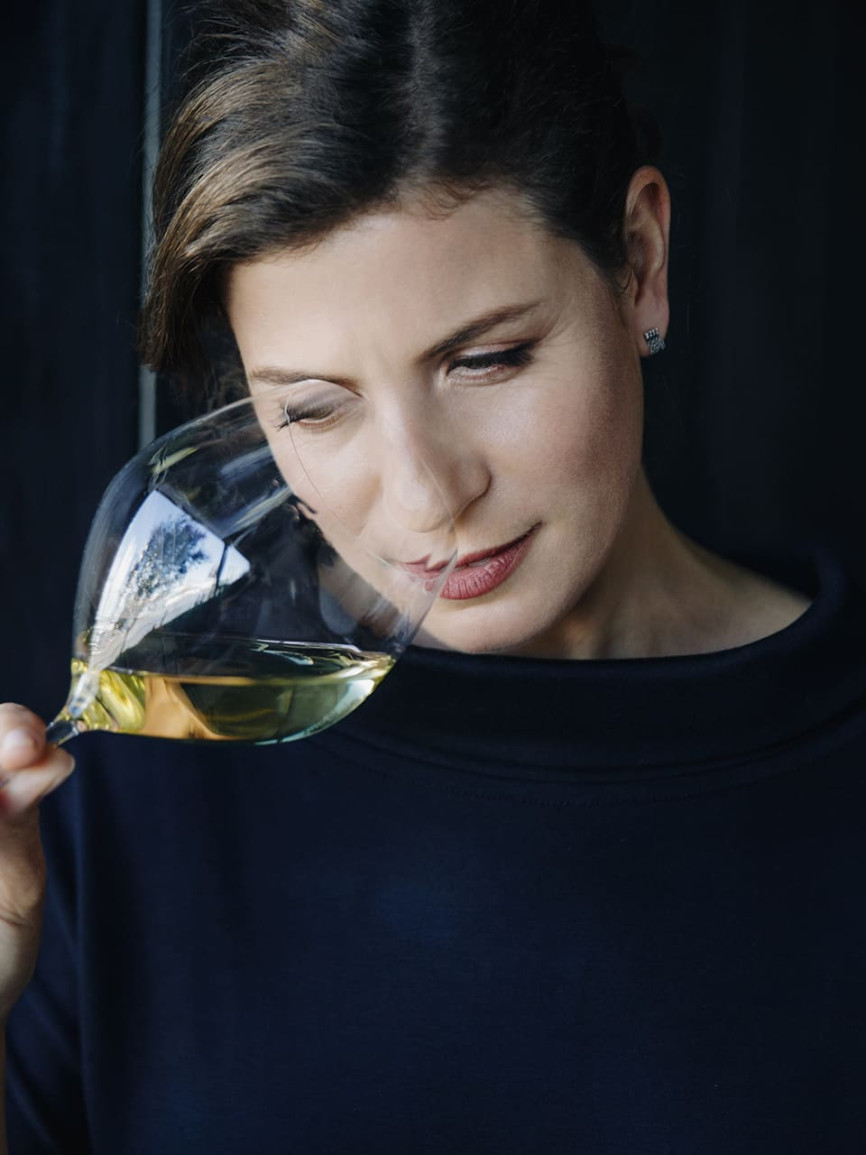

Wine isn’t just for experts or elites, it’s a tool for connection, for shared beauty.

A particular moment that reminded you why you love sharing your knowledge of wine?
PAZ LEVINSON
There are many. But one that I hold especially dear was a class I gave in Mendoza, where a young man with no previous connection to wine came up to me afterwards and said, “I never thought this could be for someone like me.” That moment reminded me why teaching matters so much to me. Because wine isn't just for experts or elites—it’s a tool for connection, for shared beauty. When a student begins to trust their own palate, their own voice—that’s when the magic happens.

What meaning does the cellar carry in your life and work?
PAZ LEVINSON
The cellar is a space of care. Of course, there’s the technical side—temperature, humidity, rotation—but it’s also deeply symbolic. It’s where the liquid memory of a place is kept. Professionally, I want each cellar to reflect something essential about the restaurant—its rhythm, its story, its cuisine. At home, it’s more personal. There are bottles from trips, gifts from friends, wines saved for special moments, and others I open just because even an ordinary Tuesday deserves celebration.

There are bottles I open just because even an ordinary Tuesday deserves celebration.
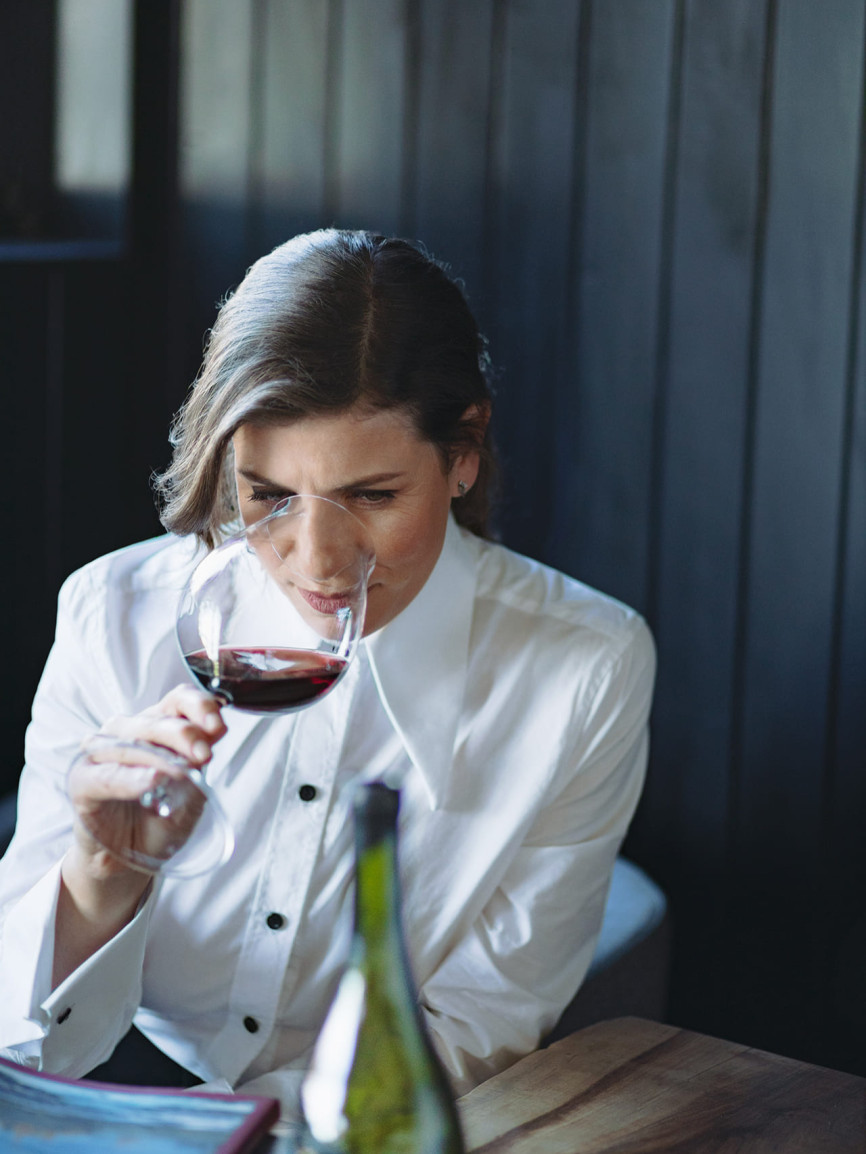

How is Argentina’s wine identity evolving, and what role will Malbec play in shaping its future?
PAZ LEVINSON
What excites me most about Argentina today is the freedom. There’s a new generation of winemakers working with intelligence, with respect, and with a more relaxed, open-minded attitude. There’s no longer one way to make Malbec—and that’s beautiful. Malbec is still our most recognizable voice, but it doesn’t shout anymore. It doesn’t need to. It can whisper, it can adapt, it can have a conversation with other regions and other tables around the world. It’s a key player, but it no longer stands alone.

In your book on Malbec, is there a story that best reflects Malbec’s connection to Argentina and its culture?
PAZ LEVINSON
One story that moves me is how Malbec was transformed in Mendoza. It arrived from France as just another grape, almost a filler, and found a whole new life in our soils—in the hands of our winemakers. It went from being forgotten in Europe to being celebrated in Argentina. That resilience, that reinvention, says a lot about our country—about our ability to make something flourish when it seemed lost, and to build something our own from something inherited.

Beyond Malbec, which other Argentine grapes or regions deserve more international attention—and what recent discoveries inspire you?
PAZ LEVINSON
Absolutely—many. Semillón is a gem we’re in the process of rediscovering. Cabernet Franc shows amazing expressions in places like Gualtallary. And in Patagonia, beautiful things are happening with Pinot Noir and Chardonnay. I’m especially moved by how old vineyards are being brought back to life, how soils are being studied with greater depth and how there’s a collective will to express identity without copying models. It’s a moment of real creative energy—and for a sommelier, that’s a gift.
Article - Yolanda Mikkelsen
Yolanda Mikkelsen is a certified Wine & Food Connoisseur, driven by a profound passion for flavors shaped by her mixed ethnic background and global travels. Since 2018 Yolanda has served as a host on international TV shows where she showcases the world's premier wine regions and their local produce. She curates and hosts events alongside esteemed wine producers, chefs, and sommeliers, fostering unforgettable culinary experiences. Yolanda's mission is to elevate awareness and appreciation of wine and culinary knowledge worldwide.
Photos by Bob Lightowler
Prolong the experience
Discover the profiles of creative and influential personalities explaining their relationship with wine, the secrets of sommeliers or legendary establishments.
When you subscribe to the magazine, your email address is only used to send you our content newsletter. You can unsubscribe at any time by clicking the unsubscribe link included in each newsletter. To find out more about management of your data and your rights, click here .

